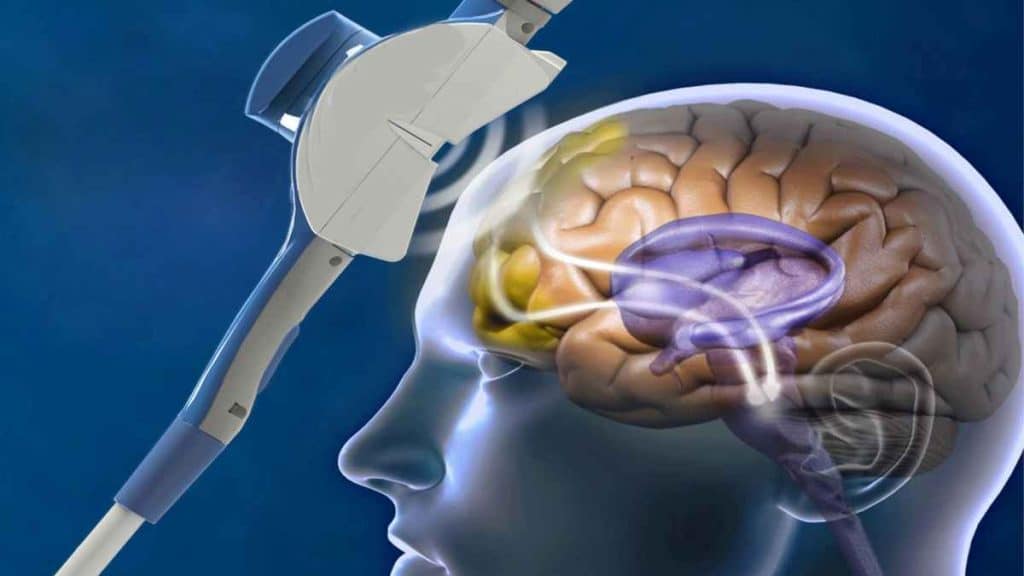Possible treatment options for autism has grown significantly over the last decade or so. The most promising therapy, TMS, can regulate brain function in a non-invasive way and has been shown to be safe and effective. Transcranial magnetic stimulation also works in treating debilitating health conditions, such as PTSD, ADHD, anxiety, and depression.
The Technology Behind Transcranial Magnetic Stimulation
TMS is a medical procedure that doesn’t require the patient to be sedated or wired up with electrodes. The main feature of TMS is a device that delivers magnetic pulses that stimulate the brain’s nerve cells to encourage new networks. Depending on where the coil is placed, the cells are reinvigorated and start forming pathways.
Established treatment centers such as the Brain Wellness Center offers TMS, auditory integration training, and neurofeedback to help patients with autism be able to see and experience their world better. What’s unique about the Brain Wellness Center is that they pair TMS with EEG analysis in order to have a clear comparison of brain activity against normal brain activity for targeted regeneration.
TMS is one of the newest autism treatments, and so far it has proven to be safe and effective.
TMS Benefits and Possible Side Effects
As a non-invasive treatment for autism, TMS allows the patient to get back to living their daily lives without having to take a rest. Each session lasts about 20 minutes, and up to 5,000 neuron activations can be made per instance. Studies believe that TMS speeds up prosodic comprehension and the patient’s ability to process social emotion, which in turn gives them a quicker response time.
Reported side effects are relatively minor and do not occur on a regular basis. The patient may feel a bit lightheaded, or discomfort at the stimulation site. Headaches may also occur, but all of these symptoms are usually short term and go away by themselves.
